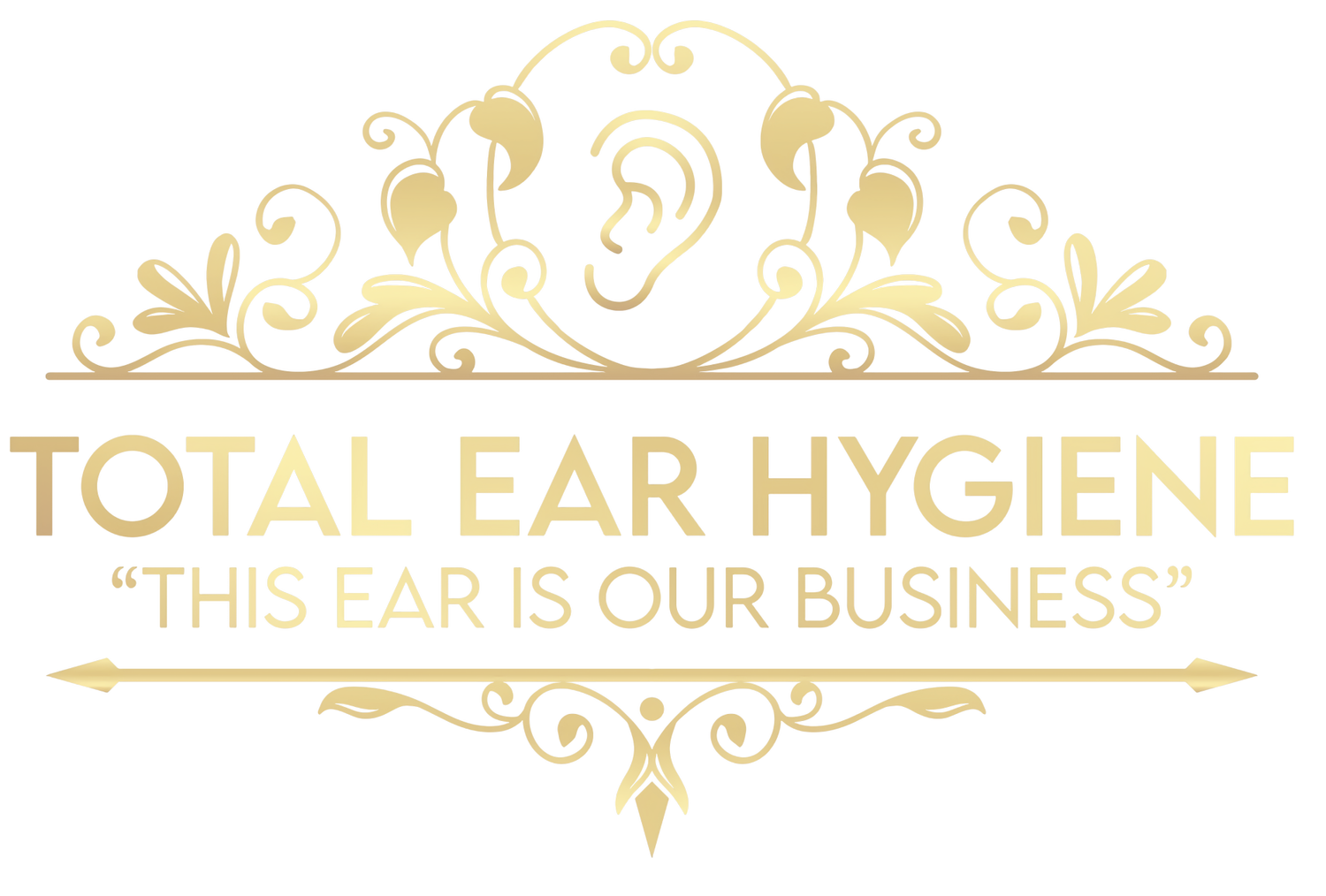Why do my ears hurt when I fly?
3,2,1… Takeoff!
Some people experience ear pain when flying in a plane. This happens when the plane is either climbing or descending and is caused by unequal pressure that develops between the middle ear and the outside the ear. The cabin pressure in most passenger aircraft is designed to fall to the equivalent of 2438m above sea level when climbing and is to prevent stress on the aircraft hull.
Before getting into the technical details, we at Total Ear Hygiene recommend an assessment of your ear canals prior to flying. Many of our clients have experienced pain as a result of having ears blocked with ear wax which could have been fixed with an ear clean. Consider an assessment and possible clean as part of your travel preparation to avoid dreading the next flight.
The small space in the middle ear behind the eardrum is normally filled with air. This space is connected to the back of the nose by a tiny channel called the Eustachian tube. Air on either side of the eardrum should be at the same pressure but gets pushed outwards on climbing and inwards on descending. To relieve this, the pressure inside the middle ear must fall or rise too. Air needs to travel up the Eustachian tube into the middle ear to equalise the pressure.
The Eustachian tube is normally closed but opens from time to time when we swallow, yawn or chew. In most people, just normal swallowing and chewing quickly cause air to travel up the Eustachian tube to equalise the pressure.
However, the Eustachian tube in some people does not open as easily and so the pressure may not be equalised so quickly. For example, some people may have a narrower Eustachian tube than normal. Also, if you have any condition that causes a blockage to the Eustachian tube, then the air cannot travel up to the middle ear. The common cause of a blocked Eustachian tube is from mucus and inflammation that occur with colds, throat infections, hay fever, etc. Any condition causing extra mucus in the back of the nose can cause this problem.
Suck sweets when the plane begins to descend. Air is more likely to flow up the Eustachian tube if you swallow, yawn or chew
Try doing the following: take a breath in. Then, try to breathe out gently with your mouth closed and pinching your nose. If you do this, you may feel your ears go 'pop' as air is pushed into the middle ear. This often cures the problem. Repeat this every few minutes until landing - whenever you feel any discomfort in the ear.
The above usually works for most people. However, if you are particularly prone to develop aeroplane ear, you may wish also to consider the following in addition to the tips above:
Antihistamine tablets (available at pharmacies). Take the recommended dose the day before and the day of travel. This may help to limit the amount of mucus that you make.
A decongestant nasal spray can dry up the mucus in the nose.
Decongestant tablets or syrups.
Air pressure-regulating ear plugs

